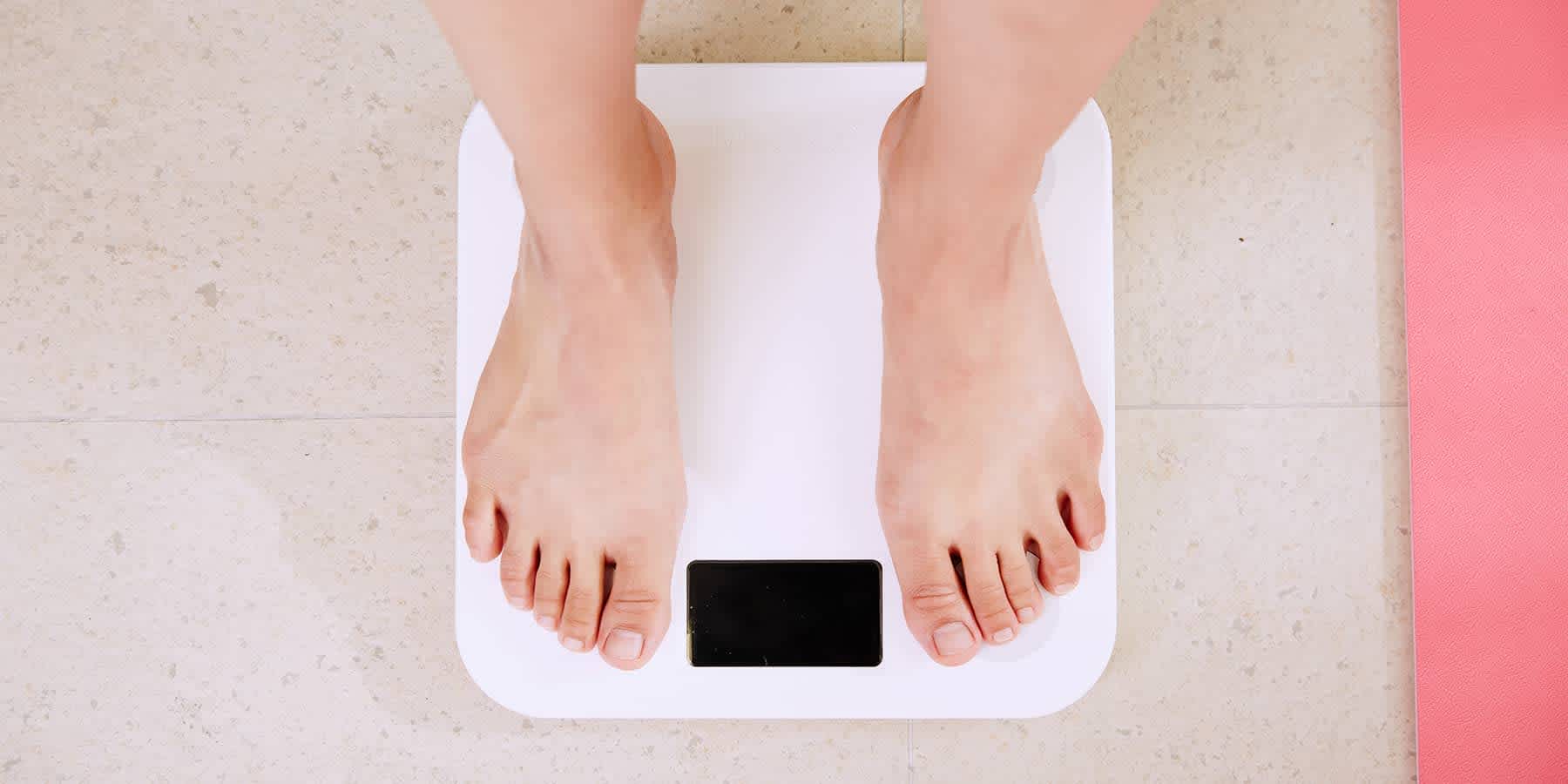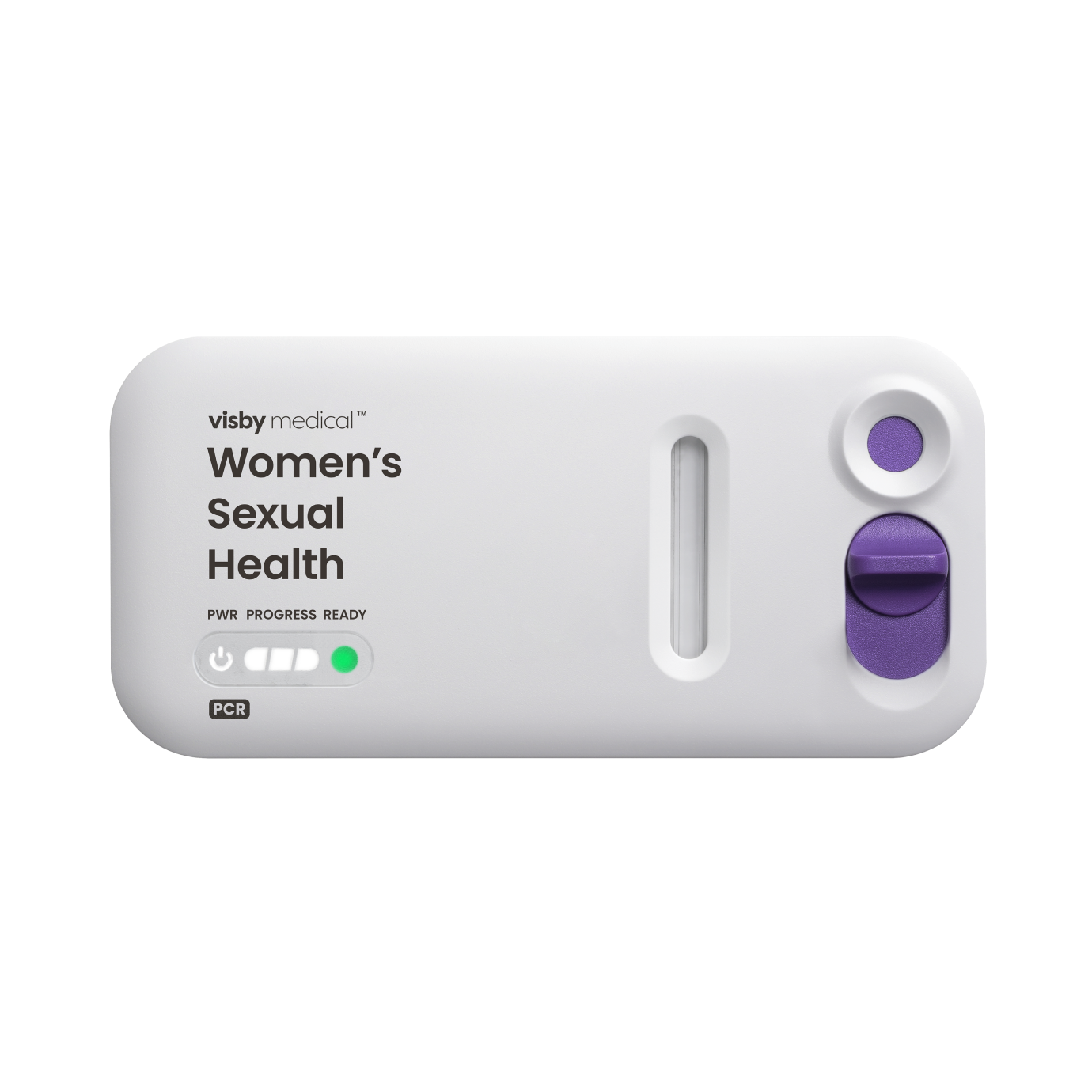
Medically reviewed by Neka Miller, PhD on March 27, 2020. Written by Jordana White. To give you technically accurate, evidence-based information, content published on the Everlywell blog is reviewed by credentialed professionals with expertise in medical and bioscience fields.
Table of contents
- Why Does My Weight Fluctuate From Night to Morning?
- Why Does My Weight Go Up and Down During the Day?
- When Is the Best Time to Weigh Myself?
- What Factors Can Affect My Weight?
- What Causes Fat Loss or Fat Gain?
- Health Conditions Associated With Weight Fluctuation
- Related Content
Even with a healthy diet and regular exercise, it’s natural for your body weight to fluctuate. You may experience temporary weight changes as a result of water retention, changes in hormone levels during your monthly cycle, and other causes. Keep reading to learn more about weight fluctuation in women—including why your weight might change on a daily basis, what factors can affect your weight, and more.
To better understand how your hormones may be involved in weight changes, consider taking the Everlywell at-home Women's Health Test—which lets you easily check 10 key hormones.
Why Does My Weight Fluctuate From Night to Morning?
You might see different numbers on the scale if you weigh yourself at night before going to bed and then weigh yourself again in the morning. This happens because weight is sometimes lost overnight. Your body uses this time to get rid of excess water by completing metabolic processes. You also expel excess water when you breathe, sweat, and urinate.
This means that you’ll often see a lower scale number first thing in the morning. The number on the scale may increase as you go through your day. Of course, the foods and drinks you consume also have weight—so the more you eat and drink throughout the day, the higher the number on the scale will be during the day.
Why Does My Weight Go Up and Down During the Day?
If you use your bathroom scale throughout the day, you may notice daily weight fluctuation. On average, women experience weight fluctuations of up to five pounds each day. These changes usually aren't a sign that you're gaining or losing fat: in most cases, water weight is responsible.
Drinking a lot of water or eating salty foods can make the number on your scale change throughout the day. If you want to minimize this kind of fluctuation, you can limit water retention by avoiding processed food—but know that these fluctuations don’t reflect a gain in fat. Limiting your sodium intake—and instead eating foods that are rich in potassium and magnesium—can also minimize daily weight changes. That’s because these minerals help balance your sodium levels, which means fewer weight fluctuations.
Hormone fluctuations can also trigger temporary weight changes. During your menstrual cycle, you may gain a few pounds. Much of this is also due to water retention. You can expect a higher scale number on the first few days of your period, with most of the extra weight disappearing by the middle of your cycle, when you ovulate.
But if you experience significant weight changes during your cycle, you may have a hormone imbalance. Your healthcare provider can help you determine whether these monthly weight fluctuations are a cause for concern. The at-home Women's Health Test can also alert you to hormone imbalances that can trigger significant weight changes.
When Is the Best Time to Weigh Myself?
If you want to track your weight, some experts recommend weighing yourself in the morning in the middle of the week, ideally on Wednesday. During the weekends, many people indulge in more processed foods, which can increase water retention and cause greater weight changes compared to the rest of the week.
What Factors Can Affect My Weight?
You can experience rapid weight changes during the early part of pregnancy. Weight changes can also occur as you enter menopause. Most women start menopause in their late 40s or early 50s. The hormone fluctuations associated with menopause can lead to weight gain, irregular periods, and mood changes. If you think you might be entering menopause, taking the Everlywell at-home Perimenopause Test can help identify hormone changes connected with the menopausal transition. (The at-home Women's Fertility Test is another great option for testing multiple hormones like estradiol, testosterone, FSH, and more.)
Thyroid hormone imbalances—which you can check for with the at-home thyroid test—can also affect weight; weight gain is a symptom of hypothyroidism (underactive thyroid) and weight loss is a symptom of hyperthyroidism (overactive thyroid).
Muscle mass also plays a role in your body composition and weight. Exercise can help build muscle, so you may notice an increase in your weight if you’ve recently begun working out more than you previously did.
Even though pregnancy, menopause, and a gain in muscle mass are common explanations for changes in weight, there are many other possible factors—so it’s a good idea to talk with your healthcare provider to learn more about what could be behind the weight changes you experience.
What Causes Fat Loss or Fat Gain?
Your body takes in energy, measured in calories, from what you eat and drink. It uses that energy to power your body. When physically active, your body burns calories to use as fuel. If you eat more calories than you burn, your body stores the extra energy in the form of fat (leading to fat gain). But if you burn more calories than you consume, your body gradually eliminates stores of excess fat.
Health Conditions Associated With Weight Fluctuation
Most women experience some changes in body weight during their lifetime, but some weight fluctuations can be a sign of a health condition. Conditions that can cause rapid weight gain or loss include:
- Thyroid disorders
- Diabetes
- Depression
- Cushing's syndrome
- Polycystic ovary syndrome
- Metabolic syndrome
- Sleep apnea
Notable, people who gain large amounts of weight and have obesity, are at an increased risk for developing many of these health conditions compared to those with a normal or healthy weight.
The Everlywell at-home Women's Health Test can help determine if the cause of weight changes are due to a hormone imbalance. This convenient home lab test measures 10 key hormones in your body—and gives you secure, online results that are easy to understand and easy to share with your healthcare provider. To test 5 hormones related to ovarian function and fertility, try the Women's Fertility Test.
Also consider taking the at-home Thyroid Test, which lets you check in on 3 key thyroid hormones (plus thyroid antibodies) from the convenience of home.
Related Content
Heavy Menstrual Period? How to Identify if There’s a Problem
Stomach Pain and Bloating in Women
References
- Walker HK, Hall WD, Hurst JW. Weight Change. In: Walker HK, Hall WD, Hurst JW, eds. Boston, MA: Butterworths; 1990.
- Popkin BM, D'Anci KE, Rosenberg IH. Water, hydration, and health. Nutr Rev. 2010;68(8):439–458. doi:10.1111/j.1753-4887.2010.00304.x
- Why You Shouldn’t Weigh Yourself Every Single Day. Cleveland Clinic. URL. Accessed March 27, 2020.
- Fluid retention: What it can mean for your heart. Harvard Health. URL. Accessed March 27, 2020.
- White CP, Hitchcock CL, Vigna YM, Prior JC. Fluid Retention over the Menstrual Cycle: 1-Year Data from the Prospective Ovulation Cohort. Obstet Gynecol Int. 2011;2011:138451. doi:10.1155/2011/138451
- Orsama AL, Mattila E, Ermes M, van Gils M, Wansink B, Korhonen I. Weight rhythms: weight increases during weekends and decreases during weekdays. Obes Facts. 2014;7(1):36–47. doi:10.1159/000356147
- Menopause. MedlinePlus. URL. Accessed March 27, 2020.
- I Just Started Exercising — Why Am I Gaining Weight? Cleveland Clinic. URL. Accessed March 27, 2020.
- Alberts B, Johnson A, Lewis J. How Cells Obtain Energy from Food. In: Alberts B, Johnson A, Lewis J, et al. Molecular Biology of the Cell. 4th edition. New York: Garland Science; 2002.
- Weight gain – unintentional. MedlinePlus. URL. Accessed March 27, 2020.
Spotlight on
February is Cancer Prevention Month

86% of cancers aren't caught by recommended screenings. See what they're missing with a single blood draw.
Learn more
Explore Everlywell










